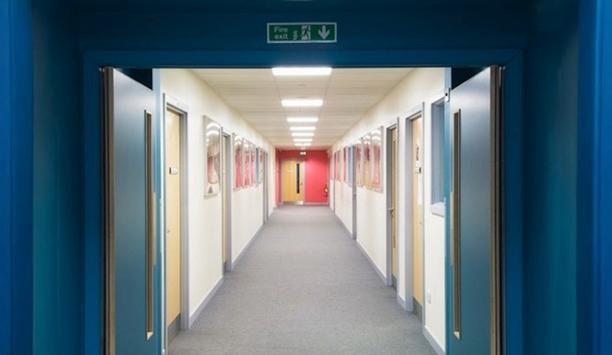USFA highlights reasons why builders and fire departments should advocate for residential fire sprinklers in local fire and building codes. Residential fire sprinklers date back to the early 1970s. Sprinklers can save lives and money when properly installed and maintained.
residential sprinklers
The International Residential Code (IRC) requires residential fire sprinklers to be installed in 1- and 2-family homes. The National Fire Protection Association’s (NFPA) Fire Code (NFPA 1) and Life Safety Code® (NFPA 101) also require residential sprinklers in 1- and 2-family homes.
Many communities throughout the country have adopted residential sprinklers with a great deal of success. There are a variety of incentives for communities to include a residential sprinkler requirement in local fire and building codes.
Builders and developers may achieve:
- Reduced building permit, impact, and standard water connection fees, and lower real estate taxes.
- More building lots due to longer dead-end streets, cul-de-sacs, and T-turnarounds.
- More houses developed per acre.
- Increased spacing between fire hydrants.
- Permission to set homes further back from the street.
- Reduced needed fire flow (NFF) by up to 50 percent.
- Reduced fire ratings for building assemblies in the building code.
Fire departments and local governments may achieve:
- Less water is required for suppression operations, reducing the need for expanding the city water system.
- Less trash is sent to the local landfills after fires.
- Less carbon monoxide and smoke are released into the atmosphere.
- Fewer contaminants enter the soil and water supply.
- Fewer firefighter and civilian deaths and injuries due to fire. Reduced fire operations may also help to lower the incidence of firefighter cancer cases.
The bottom line is this: Residential fire sprinklers make communities safer, lower municipal operating expenses and construction costs, and help to protect the environment.















